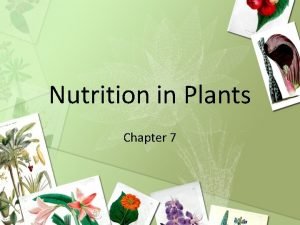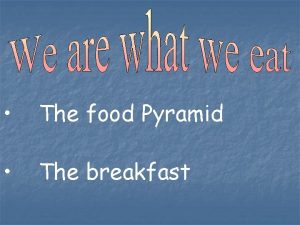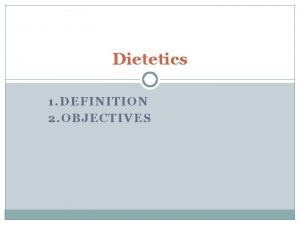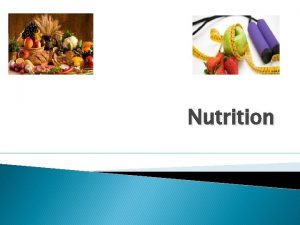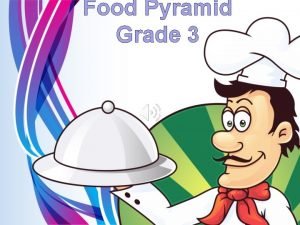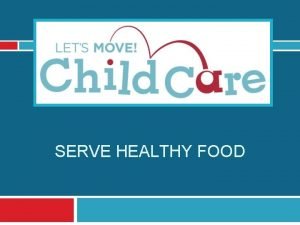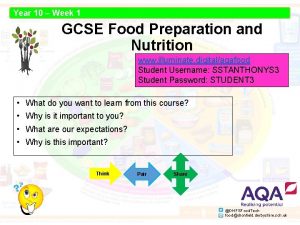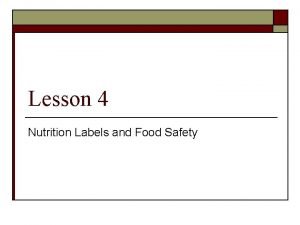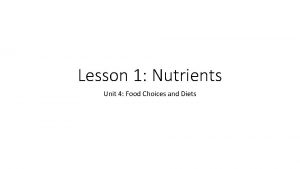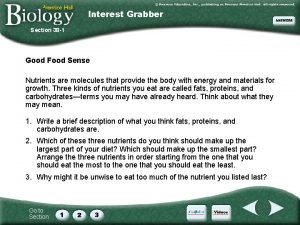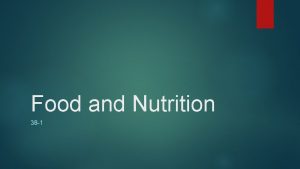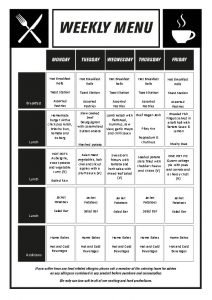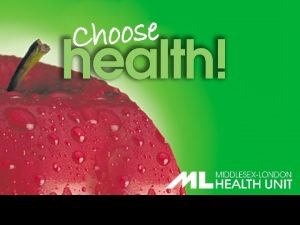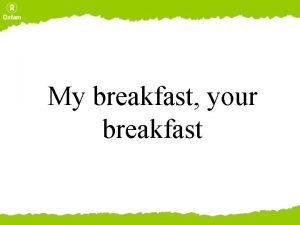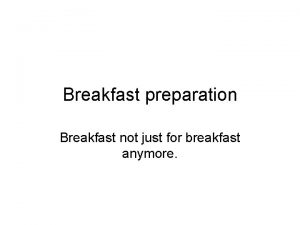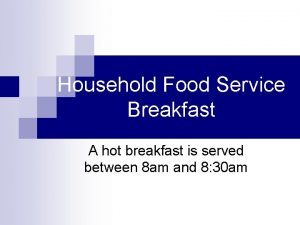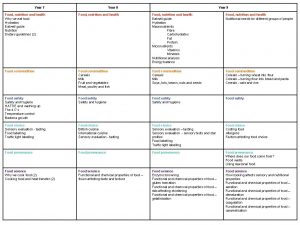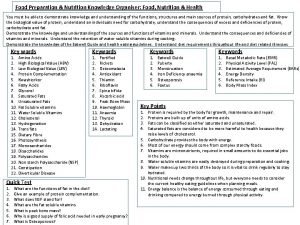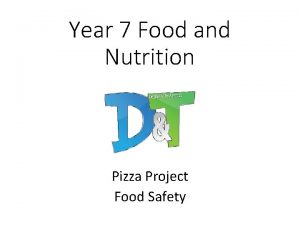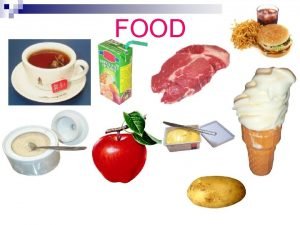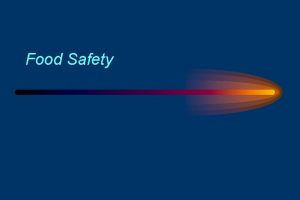Year 6 Food and Nutrition Breakfast Learning Objectives

Year 6 – Food and Nutrition Breakfast…….

Learning Objectives Students will be able to: • Explain the importance of breakfast as part of a healthy diet • Use their own research for breakfast ideas • Plan and make a suitable breakfast for a teenager

Breakfast – the most important meal of the day? Breakfast is one of the most important meals of the day. The word breakfast comes from ‘breaking the fast’ – because it’s the first meal you have after fasting (not eating) overnight. Grain-based foods like bread and cereals are great for breakfast because they fill you up and release energy slowly throughout the morning. Research shows that people who skip breakfast are more likely to…… • • • Have an accident…. Snack on junk food before noon…. Be over weight… Get emotionally upset…. Find it harder to concentrate… Do worse than they could at school… Than those who take the time to eat a good breakfast every day. Without breakfast your brain function is slower or you think slower

Research shows Than those who take the time to eat a Good breakfast everyday: • Don’t feel so hungry. • Don’t ‘pig out’ later in the day. • have a better memory. • Are able to concentrate more. • Work rate and abilities improve helping them to become successful • Also there are long term benefits like: stronger bones and teeth. • And extend their life expectance

Your brief is to: Plan a healthy breakfast. It should include some new toast toppings and some new cereal toppings. It should be a balanced breakfast that uses foods from different food groups on the Eatwell guide. • You must use bread or a cereal • Try and include at least one portion of fruit and/or vegetables • Try and include some dairy or protein • You should also include a drink.

Use the Eatwell guide To help you

Activity 1 Research survey First interview three friends about their breakfast habits. e. g. What do they eat for breakfast, what sorts of food do they enjoy, what sorts of food don’t they like? Complete the table below Person 1 2 3 Breakfast Eaten Breakfast likes Breakfast dislikes

Top tips for a healthier breakfast • Choose wholegrain cereal with no added sugar • Swap white bread for wholemeal or a high fibre option • Include a least one portion of fruit or vegetables e. g. banana, berries, grilled tomatoes or mushrooms • Choose low fat and no added sugar dairy products e. g. yoghurt, cheese, milk • Include some protein e. g. eggs or beans • Include a drink e. g. fruit juice, water, lower fat milk Watch this short clip about breakfast Make some notes on the ideas they give you and write them down on the next slide Have breakfast You can also do some of your own research too

The ideas I got from the you tube clip:

Activity 2 Now come up with your own ideas try and think of two new breakfast ideas that you think you and your friends would enjoy in the morning Idea 1 What groups on the Eatwell guide have you included Idea 2 What groups on the Eatwell guide have you included

Practical work: If you are able to. make one of your breakfast ideas and take a picture of it. Make sure that there is an adult at home to help supervise you. Insert a picture of your finished breakfast

To finish • Write postcard to your friend explaining what you have learnt about breakfast and why they should eat it every day
- Slides: 12
